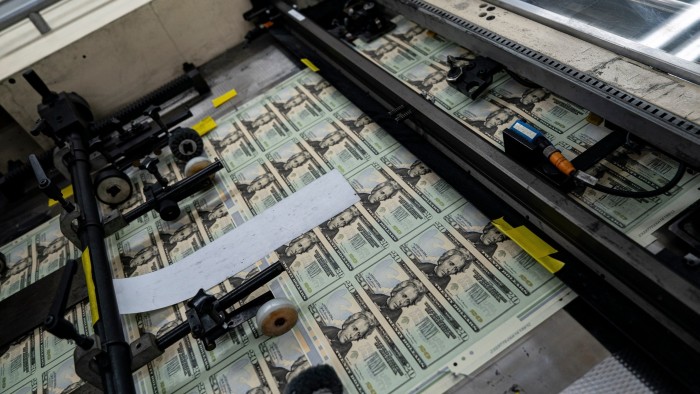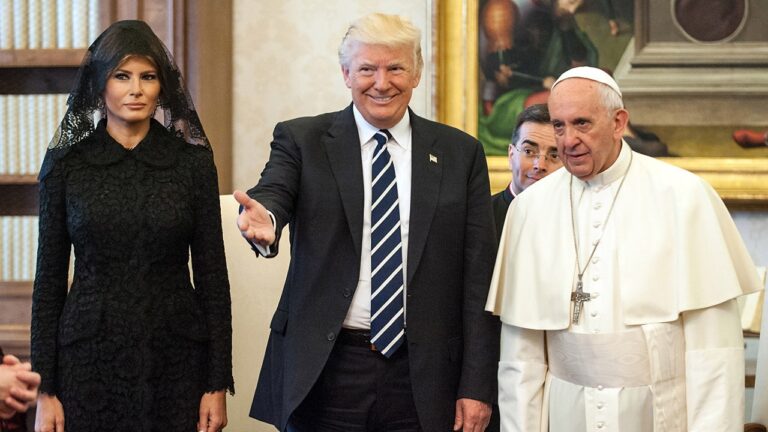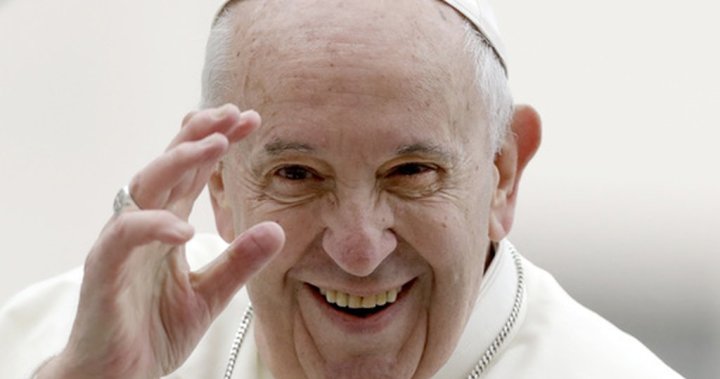
Unlock the Editor’s Digest for free
Roula Khalaf, Editor of the FT, selects her favourite stories in this weekly newsletter.
The dollar slumped on Monday as investors responded to mounting uncertainty over US economic policy following President Donald Trump’s attacks on Federal Reserve chair Jay Powell.
The dollar fell 1.1 per cent to a three-year low against a basket of its key trading partners. Gold rose 2 per cent to a fresh record of $3,393 per troy ounce while the Swiss franc climbed as much as 1.2 per cent against the dollar to SFr0.8069, a 10-year high. The euro rose 1.1 per cent to $1.15 and the yen strengthened 1 per cent to ¥140.7 per dollar.
The moves came after Kevin Hassett, director of the National Economic Council, said Trump would “continue to study” the matter of dismissing Powell. The president had claimed on Thursday that he had the right to fire the Fed chair.
“If you think that it’s unacceptable for President Trump to be frustrated with the policy history of the Fed, then I think you . . . got some explaining to do,” Hassett told reporters in Washington on Friday, when US markets were closed.
US sovereign debt sold off. Yields on 10-year US Treasuries rose 0.03 percentage points to 4.36 per cent, while 30-year Treasury yields rose 0.07 percentage points to 4.87 per cent. Bond yields move inversely to prices.
“What we’re seeing is a breakdown between FX and rates,” said Parisha Saimbi, a foreign exchange strategist for Asia at BNP Paribas.
“Global investors may be reconsidering their portfolio holdings,” Saimbi added, noting that the euro and yen may be benefiting from investors repatriating assets.
In a note to clients, Yujiro Goto, FX strategist at Nomura Securities, warned that while it was not rare in emerging markets for bond sell-offs and currency depreciation to occur concurrently, it was surprising to see that combination in a major reserve currency market such as the US.
Goto said the yen was likely to breach the ¥140 level earlier than expected because of the unexpectedly high tariffs threatened, increasing concerns of US stagflation and “growing distrust in US asset credibility”.
Analysts at CICC, the Chinese investment bank, said in a report on Sunday that domestic US policy uncertainty was leading the dollar and Treasuries to “behave more like risk assets” and that Trump’s recent remarks about Powell “further heightened market concerns about the Federal Reserve’s independence”.
The moves in Asian trading on Monday were the first market response to the latest pressure on Powell. Trading was thin in the region, with markets in Hong Kong and Australia closed for the Easter holiday.
Stock market benchmarks in Japan and Taiwan fell 1.2 per cent and 1.5 per cent respectively, while China’s CSI 300 edged up 0.3 per cent.
Futures for the S&P 500 and Nasdaq were down 0.8 per cent and 1 per cent, respectively.
Trump has repeatedly put pressure on Powell to cut interest rates. The Fed has so far kept rates on hold this year after lowering them three times in 2024.
The Fed sets monetary policy independently of the other branches of government. Any attempt to oust Powell, whose term is scheduled to end in May 2026, or pressure monetary policy could cause further market turmoil in the US, according to investors and analysts.
Additional reporting by Cheng Leng in Hong Kong






